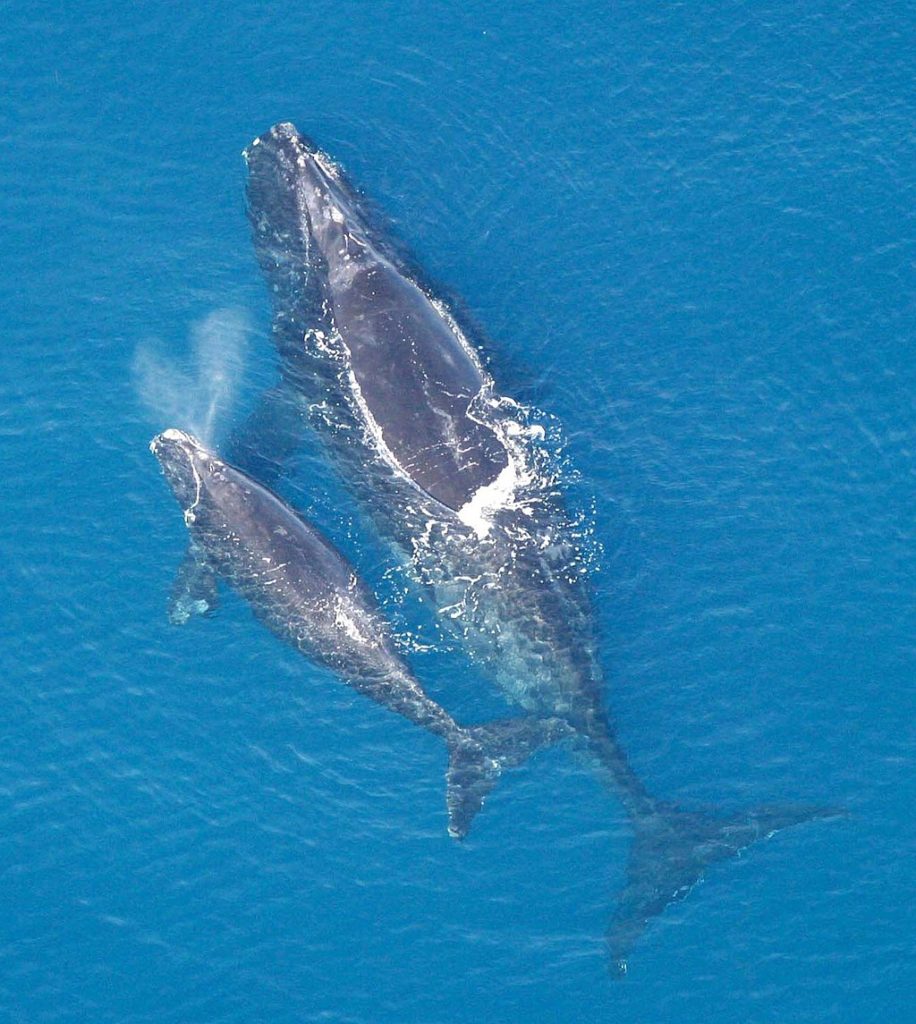Japan Quitting the International Whaling Commission
Will resume commercial whaling in July 2019 but only in national waters
To the surprise of many, Japan has announced that it is formally withdrawing from the International Whaling Commission and will resume commercial whaling in July. Japan has long been a pariah at the IWC, denounced by many for conducting rogue whaling through the Scientific Permit exception of the International Convention for the Regulation of Whaling (ICRW). Japan, in turn, has denounced what it views as cynical and illegitimate use of the ICRW to shut down all whaling operations. In what has been a messy history, both sides have a point.
Adopted in 1946, the ICRW reads much like a fishery treaty, intended to manage wisely the stocks of what was regarded at the time as a commercial natural resource. Indeed, the preamble of the ICRW states that the Convention was intended to “provide for the proper conservation of whale stocks and thus make possible the orderly development of the whaling industry.”
There was little controversy until the early 1980s, when the IWC (the administrative body of the ICRW) put in place a ten-year moratorium on whaling. The stated goal of the moratorium was to undertake a comprehensive assessment of whale stocks and consider the establishment of catch limits and a revised management procedure. In 1990, however, the IWC voted to extend the moratorium and it has stayed in place ever since.
In response to the extended moratorium, Norway entered a formal reservation and has continued to whale. Iceland left the organization, returning several years later with a reservation in place. Japan continued to conduct whaling operations but did so under Article VIII, which allows a country to set its own whaling restrictions for purposes of scientific research. The whaling fleet and take levels have been managed by the state-funded Institute of Cetacean Research. In what had become a common ritual, every IWC meeting would adopt a resolution condemning Japan’s whaling. Japan, in turn, would take note of the resolution while announcing the levels of its intended harvest for the following year.
The pro-whaling nations of Iceland, Norway and Japan have regarded the IWC operations since the extension of the moratorium as a fundamental breach of trust. While some whale stocks, such as the blue whale, remain perilously low, stocks of other whales, such as minkes, number in the hundreds of thousands. Prohibiting whaling of these stocks, they felt, was a moral rather than scientific decision and unjustified under the clear terms of the ICRW. Indeed, the IWC Scientific Committee has regularly recommended limited whaling of minke but been ignored by the majority who have kept the moratorium in place. This conflict was clearly referenced in Japan’s announcement to leave the IWC, when it stated that it would resume commercial whaling “in line with Japan’s basic policy of promoting sustainable use of aquatic living resources based on scientific evidence.”
Much of Japan’s whaling has occurred in the Southern Ocean, an area that the IWC had designated as a whaling sanctuary. The International Court of Justice ruled in 2014 that Japan’s whaling program in the Southern Ocean could not be characterized as “scientific research” under the ICRW. Japan subsequently revised its research program and recommenced whaling. As described in another blog post, Japan then removed whaling from ICJ jurisdiction.
In some respects, the IWC was clearly dysfunctional, with pro and anti-whaling nations accusing each other of bad faith and worse. Like the dysfunctional TV series Modern Family, though, in some respects it seemed to work. No new nations have started whaling, most whale stocks have been recovering, whale watching has become big business and, in the heated back and forth, there has been a level of transparency.
It remains to be seen whether Japan’s leaving the IWC but restricting its area of whaling will prove to be positive or negative for whale conservation. It appears that Japan has accepted a compromise position proposed several years ago by some IWC members. It will restrict whaling to its Exclusive Economic Zone, 200 nautical miles off the Japanese coast. This means it will stop whaling in the Southern Ocean and northwest Pacific. If so, this represents a major change to the country’s whaling operations. It is not clear whether the EEZ compromise Japan has accepted would have been adopted by the IWC, since many of the anti-whaling nations have called for a complete end to whaling. It’s also uncertain whether Japan’s level of whaling will change going forward. There is not a large domestic demand for whale meat. The generations that relied on a whale meat diet are passing and most young Japanese that I have spoken with are tired of the whole saga. Nor is it evident that Japan will remain long outside the IWC. Given Iceland’s departure from the organization in 1992 and then coming back several years later as a member state, there certainly is precedent for Japan to rejoin.








Reader Comments